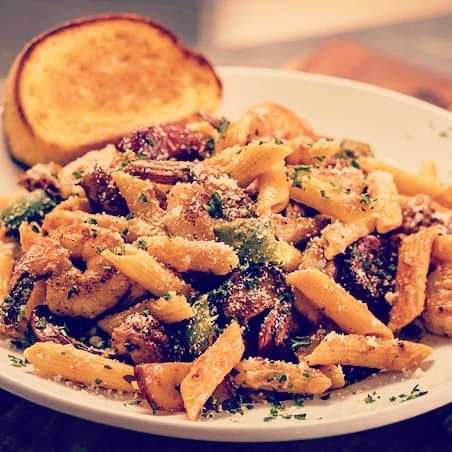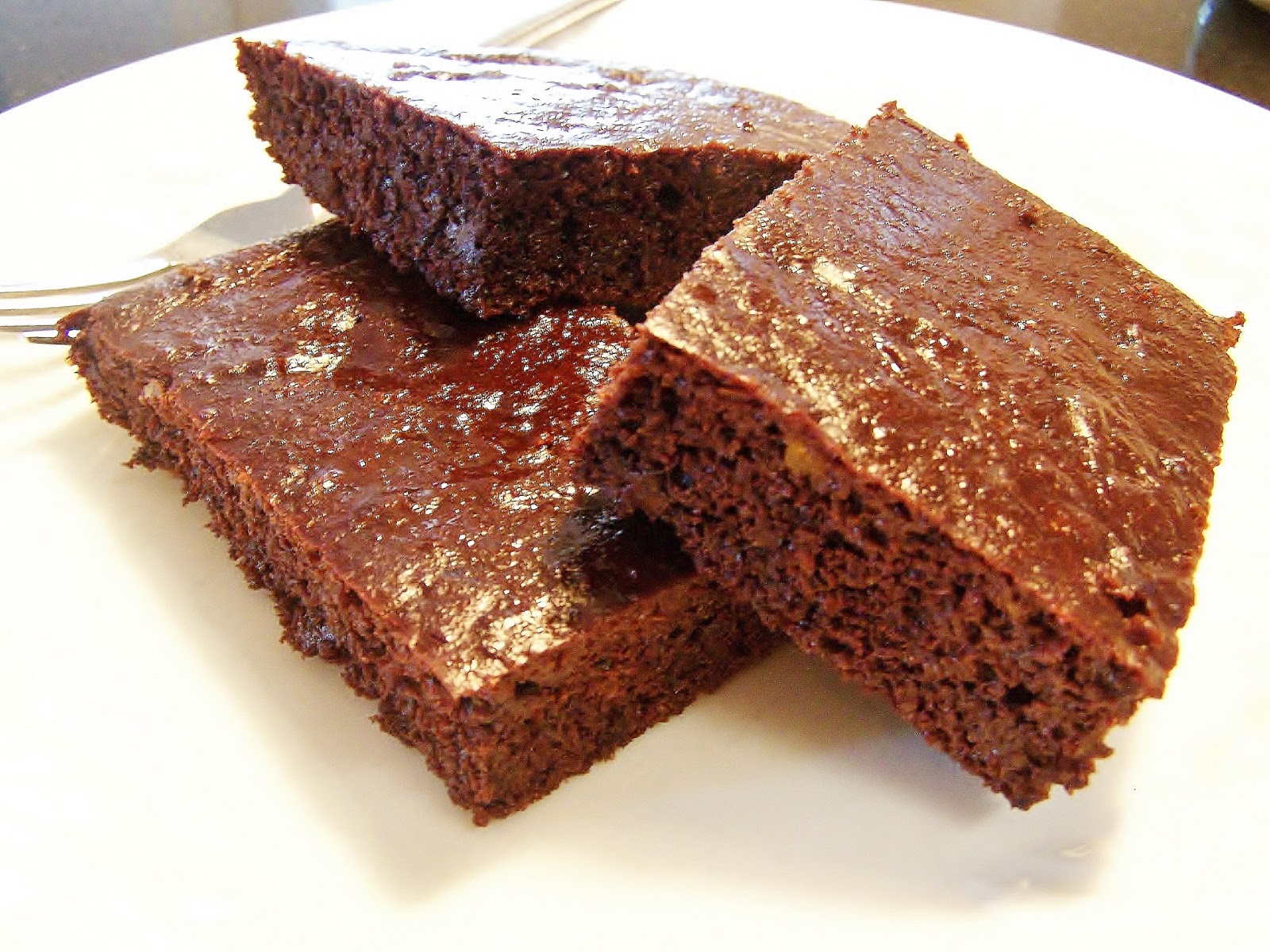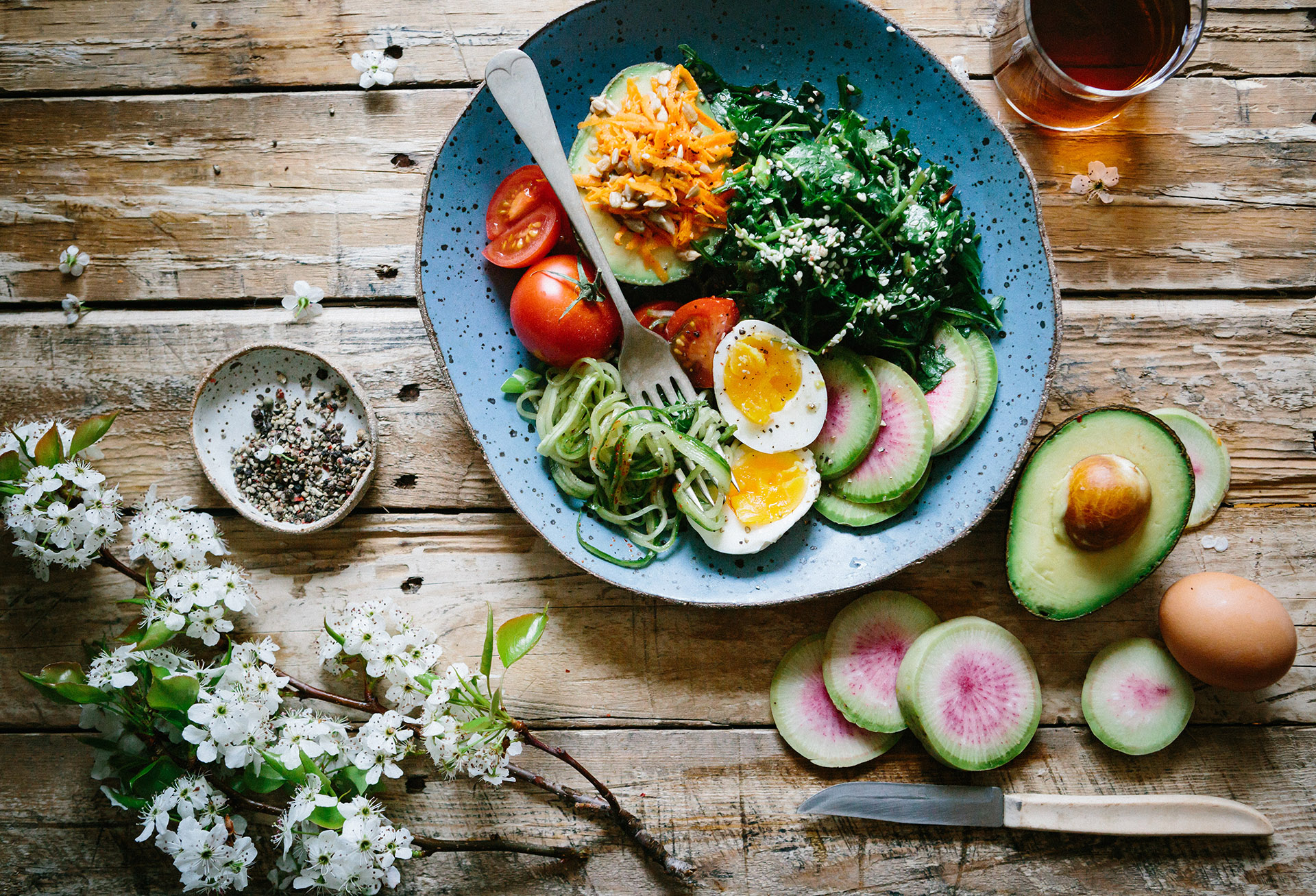Low carbs or no carbs?
We ask or believe if carbs are good for health or not? Should we consume carbs or should we eliminate them completely from our diet? We should evaluate the positive and negative effects of carbohydrates on our health.
Search on the web about carbs and you will find any type of suggestions for a normal, low or no carb diet. With no doubt you will find doctors, health professionals, gym instructors and food bloggers who agrees with low carb intake but what is the evidence about this?
How low carb diets originated?
The trend for a low carbohydrate diet started in 2015, during an episode of Doctor in the House showed on the BBC. The emphasis was on removing carbohydrates for diabetic patients emphasizing removal of wheat and diary products, fasting and eating 5 portions of vegetables a day without any fruit. As a result, this followed by a speech from Dr Mellor on behalf of the British Dietetic Association (BDA), who advised:
‘This advice is potentially dangerous with possible adverse side effects. Not only is there limited evidence around carbohydrate elimination but cutting out food groups could lead to nutrition problems, including nutrient deficiencies.’
Despite the BDA advice, the media continues to recommend low carbohydrate diets especially for type 2 diabetes (T2DM). This trend also follows in Malta with a lot of people trying different types of diets, from low carb diets to keto diets, experimenting what might work.
In the Eatwell Guide, the recommendation is to have a large portion (45 – 65%) of the diet from starchy carbohydrates. The low carbohydrate diets can be definied:
- Normal carbohydrate intake = 250g per day
- Low CHO intake = 136g per day
- Very low CHO intake = 50g per day
How a low carbohydrate diet works?
Low carb diets are known for weight loss for a short period of time. If, you happen to have tried low carb diets I think you agree that they work for weight loss. But what happens in your body? When not enough carbohydrates are supplied to your body, the metabolic pathways of the body changes converting protein to carbohydrates. As a result, the lost kilos on your weighing scale will be lost from your muscles and not your fat stores leading to a decrease in metabolic rate. In addition, when the short period of diet pass and you re-introduced carbs you will experience a rapid weight gain due to the decrease in metabolism from the previous diet.
Where do we find carbohydrates in food?
| Starchy Carbohydrates | Simple Carbohydrates | |
| Cereals | Fruit | Sweets |
| Bread | Vegetables | Chocolate |
| Pasta | Milk & dairy products | Cakes |
| Rice | Fruit juices | Soft drinks |
| Couscous | ||
| Quinoa | ||

Carbohydrates and health
Carbohydrates are important for your health because:
- Provide energy
- Your brain cells are only happy when they use carbohydrates as fuel. When the brain does not function properly you will experience brain fog, mood swings and even possible of depression.
- Your muscles use carbohydrates for your daily life activities, exercise and muscle recovery.
- Protect against diseases
- Fibre protects you against obesity, intestinal cancers and it even acts as a prebiotic
- Respiratory substrates – carbohydrates are used to synthesis mucous in the upper respiratory tract which protects against virus and bacteria entering your body
- A source of vitamins and minerals
- Vitamin A, B, C, D and K
- Potassium, Calcium, Magnesium, Manganese, Iron and Selenium
Summary
I think all types of carbohydrates can be beneficial for your health if consumed in the right amount. Everyone has different carbohydrate intakes so don’t compare yours to your family, friends or anyone else as this is effected by body type, age, exercise, type of lifestyle and medical conditions.




